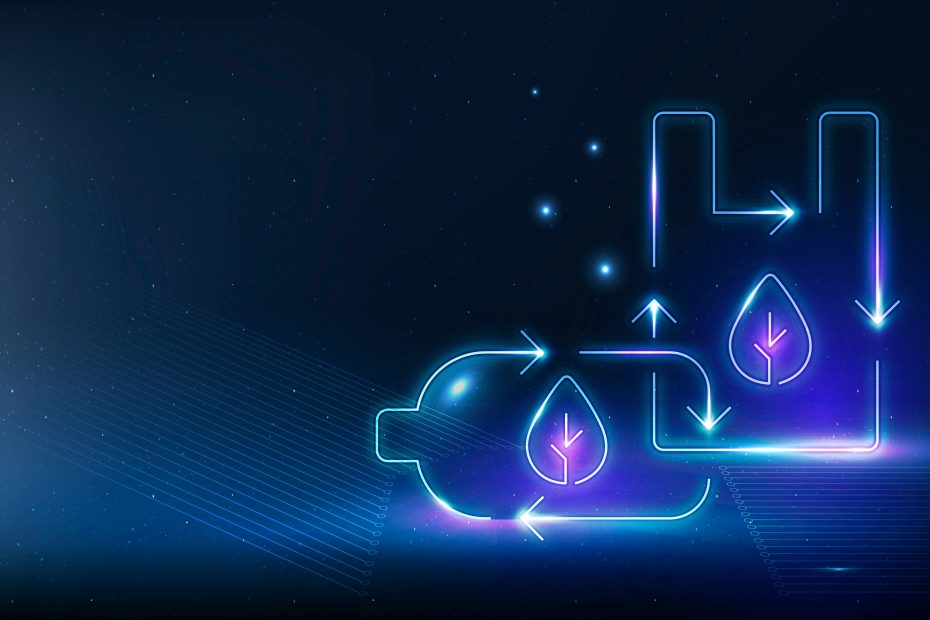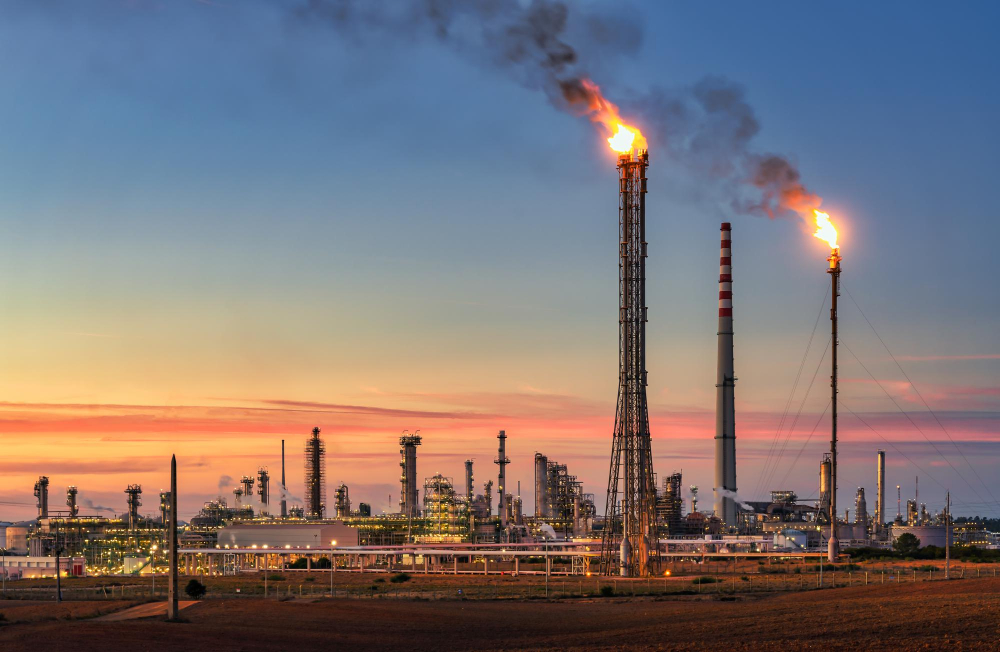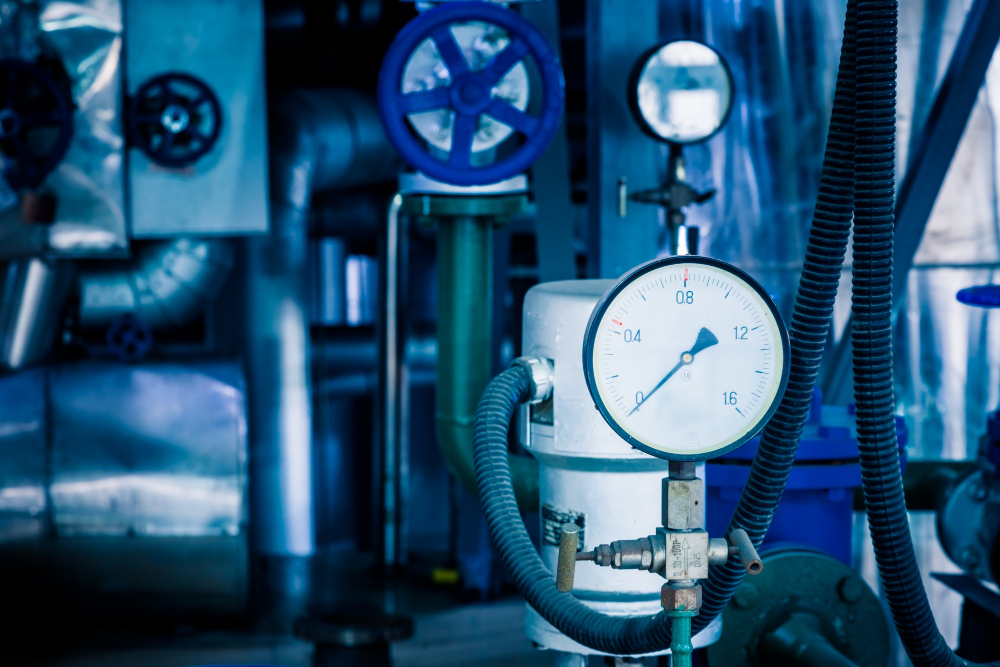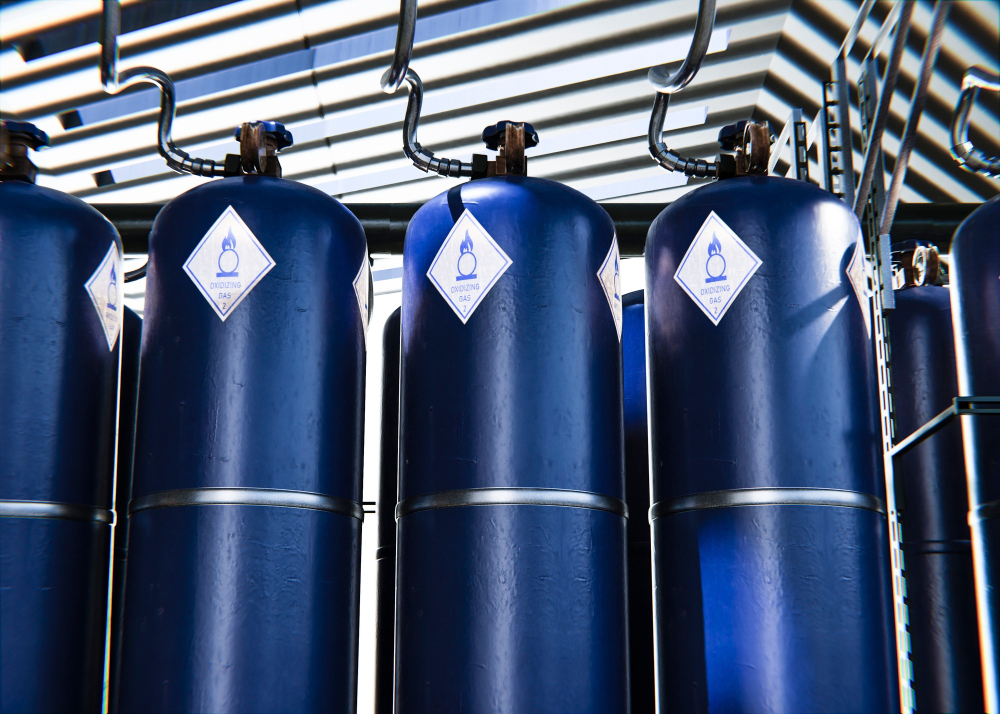Can I change my propane BBQ to natural gas?
If you’ve been using a propane BBQ for a while, you might be wondering if it’s possible to switch to natural gas. The good news is that it is indeed possible to make the transition, and it comes with several benefits. However, there are some important considerations to keep in mind before you go ahead and convert your BBQ.
The benefits of switching to natural gas
Switching from propane to natural gas for your BBQ can offer a range of advantages. Firstly, natural gas tends to be more cost-effective than propane in the long run. It is often cheaper per unit of energy, which means you could potentially save money over time.
Secondly, natural gas is generally considered to be a more environmentally friendly option. It produces fewer greenhouse gas emissions compared to propane and other fossil fuels. So, by using natural gas for your BBQ, you’ll be making a small but positive contribution to reducing your carbon footprint.
What you need to consider
Before converting your BBQ from propane to natural gas, there are a few factors you should bear in mind:
- Compatibility: Not all BBQ models are compatible with natural gas. You’ll need to check with the manufacturer or consult the user manual to see if your specific BBQ can be converted.
- Gas supply: Natural gas requires a dedicated gas line, so you’ll need to have access to a natural gas supply at your property. If you don’t already have one, you may need to consult a professional to install a gas line.
- Conversion kit: In most cases, you’ll need a conversion kit to switch from propane to natural gas. This kit typically includes the necessary components and instructions for the conversion process. Be sure to purchase a conversion kit that is compatible with your BBQ model.
“Before converting your BBQ, it is important to consult the manufacturer or a professional to ensure that the process is carried out correctly and safely.”
The conversion process
Once you’ve determined that your BBQ is compatible with natural gas and have obtained the necessary conversion kit, you can proceed with the conversion process. It is recommended to follow the instructions provided in the conversion kit carefully, as each BBQ model may have specific requirements.
If you’re not confident in carrying out the conversion yourself, it is always best to seek professional assistance. A licensed gas fitter will have the knowledge and expertise to ensure that the conversion is done safely and in compliance with all regulations.
How much does it cost to convert a BBQ from LPG to natural gas?
If you enjoy grilling and own an LPG (liquefied petroleum gas) BBQ, you may be considering converting it to natural gas for a more convenient and cost-effective option. Converting your BBQ from LPG to natural gas can offer a range of benefits, including lower fuel costs and uninterrupted grilling sessions without the need to refill propane tanks.
Costs of Conversion
The cost of converting your BBQ from LPG to natural gas can vary depending on various factors such as the type of BBQ you own, its age, and your location. On average, the conversion kit itself can range from £50 to £100, depending on the brand and complexity of the kit.
In addition to the conversion kit, you may also need to consider the cost of hiring a professional to install it for you. While some people may choose to undertake the conversion themselves, it is recommended to hire a licensed professional to ensure the process is done safely and efficiently. The cost for professional installation can range from £100 to £200, depending on the complexity of the conversion.
Factors to Consider
Before deciding to convert your BBQ from LPG to natural gas, there are a few factors to consider:
- Availability of Natural Gas: Ensure that natural gas is readily available in your area. If it is not, converting your BBQ may not be feasible.
- Long-Term Cost Savings: While the initial cost of conversion may seem expensive, the long-term cost savings from using natural gas may outweigh the expense.
- Grilling Habits: Consider your grilling habits and frequency. If you frequently use your BBQ, the convenience of natural gas may be worth the investment.
“Converting your BBQ from LPG to natural gas can offer a range of benefits, including lower fuel costs and uninterrupted grilling sessions without the need to refill propane tanks.”
Overall, converting your BBQ from LPG to natural gas can be a worthwhile investment for avid grillers. It offers cost savings, convenience, and a more environmentally friendly alternative. However, it is important to carefully consider the costs involved and consult with professionals to ensure a safe and successful conversion.
How much does it cost to convert a propane BBQ to natural gas?
Converting a propane BBQ to natural gas can be a cost-effective and convenient option for many UK homeowners. Not only does natural gas tend to be cheaper than propane, but it also allows for a continuous supply of fuel without the need for constantly replacing propane tanks.
Professional Conversion Cost
If you prefer a professional to handle the conversion, the cost can vary depending on the specific model of your BBQ, the complexity of the conversion, and the labour charges of the technician. On average, the professional conversion cost can range from £50 to £200.
DIY Conversion Cost
Converting your propane BBQ to natural gas can also be done as a DIY project, which can save you some money. However, it’s important to note that DIY conversions require a good understanding of the process and necessary tools.
To get started, you will need a natural gas conversion kit specifically designed for your BBQ model. These kits typically range in price between £20 and £80. Additionally, you may need some additional tools such as wrenches, pliers, and Teflon tape.
Remember: Safety is paramount when working with gas appliances. If you’re unsure about the process or uncomfortable handling gas connections, it’s best to hire a professional.
“Converting your BBQ from propane to natural gas can result in long-term savings on fuel costs and increased convenience.”
Benefits of Natural Gas Conversion
There are several benefits to converting your BBQ to natural gas:
- Cost savings: Natural gas tends to be cheaper than propane, allowing you to save money in the long run.
- Convenience: With natural gas, you won’t have to worry about running out of fuel or making trips to refill propane tanks.
- Environmental friendliness: Natural gas is considered a cleaner fuel compared to propane, resulting in reduced emissions.
- Consistent heat: Natural gas provides a more consistent heat output, allowing for better cooking control.
Overall, converting a propane BBQ to natural gas can be a worthwhile investment. Whether you choose to hire a professional or tackle the conversion yourself, it’s important to consider the cost, benefits, and safety aspects before making a decision.
Can I convert my Weber propane grill to natural gas?
Many Weber propane grill owners in the UK often wonder whether it is possible to convert their grill to use natural gas instead. While propane grills are convenient and widely available, natural gas is a popular choice for those who have a natural gas supply in their homes or prefer the benefits it offers.
Understanding the conversion process
The conversion from propane to natural gas requires specific steps to ensure safety and functionality. However, it is important to note that not all Weber grills are convertible. Check the product manual or consult Weber’s customer service to determine if your specific model can be converted.
To convert your propane grill to natural gas, you will need a conversion kit that includes the necessary components such as a new gas valve, burner orifices, and regulator. These components are designed specifically for natural gas usage and ensure proper gas flow and pressure.
Seek professional help
Converting a grill from propane to natural gas requires technical expertise and knowledge of gas systems. It is highly recommended to seek professional help for this conversion. A licensed gas fitter or plumber can ensure the conversion is done correctly and safely.
**Important:** Do not attempt to convert your grill yourself if you are not experienced with gas systems. Safety should always be the top priority.
The benefits of converting to natural gas
Converting your Weber propane grill to natural gas offers several advantages:
- Convenience: With a natural gas connection, you won’t need to worry about running out of propane or the hassle of refilling tanks.
- Cost savings: Natural gas is typically more affordable than propane, which can result in long-term cost savings.
- Environmental friendliness: Natural gas burns cleaner than propane, reducing your carbon footprint.
Before proceeding with the conversion, consider these factors and weigh them against any associated costs. It is also worth noting that once you convert your grill to natural gas, it may not be possible to revert it back to propane.
In conclusion
If you own a Weber propane grill and have access to a natural gas supply, it may be possible to convert your grill for use with natural gas. However, it is crucial to consult the product manual and seek professional help to ensure a safe and proper conversion. Enjoy the convenience, cost savings, and environmental benefits of natural gas grilling with your Weber grill.
How do you hook up a gas grill to a natural gas line?
Hooking up a gas grill to a natural gas line is a convenient and cost-effective way to fuel your outdoor cooking. Unlike propane tanks, which require regular refilling, natural gas lines provide a constant and reliable source of fuel. If you’re interested in connecting your gas grill to a natural gas line, here’s what you need to know:
1. Check for Natural Gas Availability
Before starting the process, check if your home has access to a natural gas line. Contact your utility company to confirm if they offer natural gas service in your area and inquire about the installation process if you don’t already have it.
2. Gather the Necessary Equipment
Ensure you have all the required equipment before proceeding. This may include a conversion kit specifically designed for your grill model, flexible natural gas hose, shut-off valve, pipe fittings, and a wrench for tightening connections.
3. Follow Proper Safety Measures
It’s crucial to prioritize safety when dealing with natural gas. Make sure to turn off the main gas supply before beginning the installation process. Additionally, be cautious when working with open flames and ensure proper ventilation in the grilling area to prevent gas buildup.
4. Install the Conversion Kit
If your grill does not come ready for natural gas, you’ll need a conversion kit to make the switch. The kit usually includes instructions on how to install the necessary parts, such as the gas manifold, burner orifices, and control valve.
5. Connect the Grill to the Gas Line
Once the conversion kit is installed, it’s time to connect the grill to the natural gas line. Begin by attaching the flexible natural gas hose to the gas supply line using appropriate pipe fittings and a wrench. Ensure all connections are tight and leak-free.
6. Test for Leaks
After connecting the grill, it’s crucial to test for any gas leaks. Apply a solution of soapy water to all connections and joints. If you see bubbles forming, this indicates a leak. In such cases, disassemble the connection, apply new thread tape, and re-tighten.
Remember to always follow the manufacturer’s instructions and consult a professional if you’re unsure about any steps involved in hooking up your gas grill to a natural gas line.
By following these steps, you can safely and effectively hook up your gas grill to a natural gas line, ensuring endless cooking enjoyment without the hassle of propane tanks.



